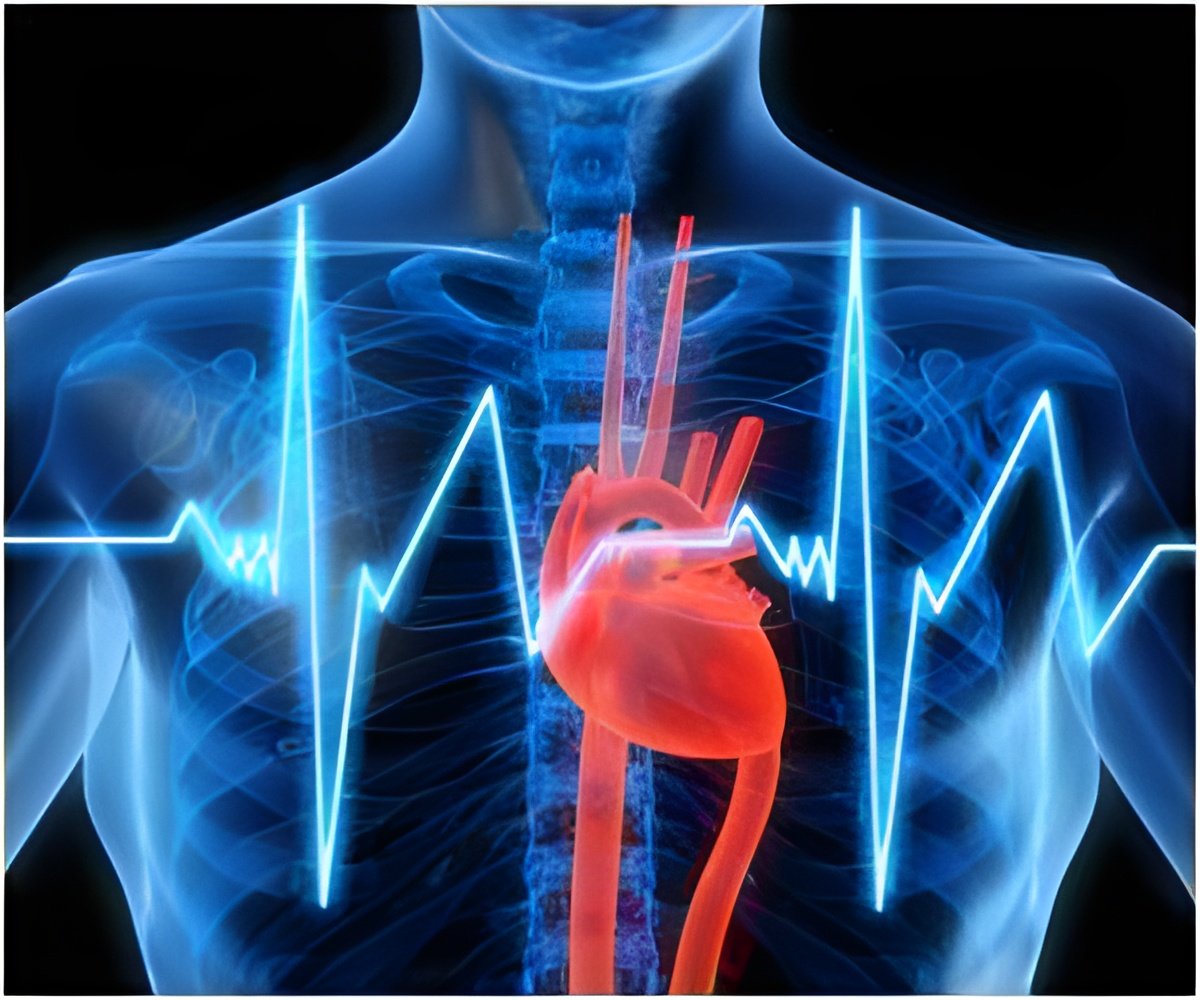Cardiovascular diseases not only affect individuals but also the country's economy, says Vice President Hamid Ansari.

"Prevention and cure of cardio-vascular disease is not just a medical necessity but also a social imperative for sustainable growth and development of developing countries such as India," he added.
Delhi Chief Minister Sheila Dikshit was also present on the occasion.
Ansari also exhorted doctors in the country to increase their operations in rural areas besides commenting on how the number of heart surgeries performed by Indian hospitals annually (90,000) fell short of the required 2.5 million.
Doctors pointed to the worrying trends of the disease in India.
"Heart disease is the biggest killer in India. By 2015, it will supercede any other infection. 50 percent of heart disease cases in the world are currently from India. What is worrying is the fact that 50 percent of the Indian population is young. Heart disease and attacks are more common among Indian youth than others in the world," said CSI president Ashok Seth.
Advertisement
Low and middle-income group countries account for 80 percent of heart disease deaths. By 2030, 25 percent people will die of cardio-vascular diseases.
Advertisement
Three books by CSI members M. Khalilullah, I.B. Vijayalakshmi and M. Sathapathy were also released.
The conference, which will go on till Dec 9, is being attended by cardiologists from SAARC nations such as Nepal, Bangladesh, Sri Lanka and the Maldives besides cardiologists from across India.
Source-IANS










